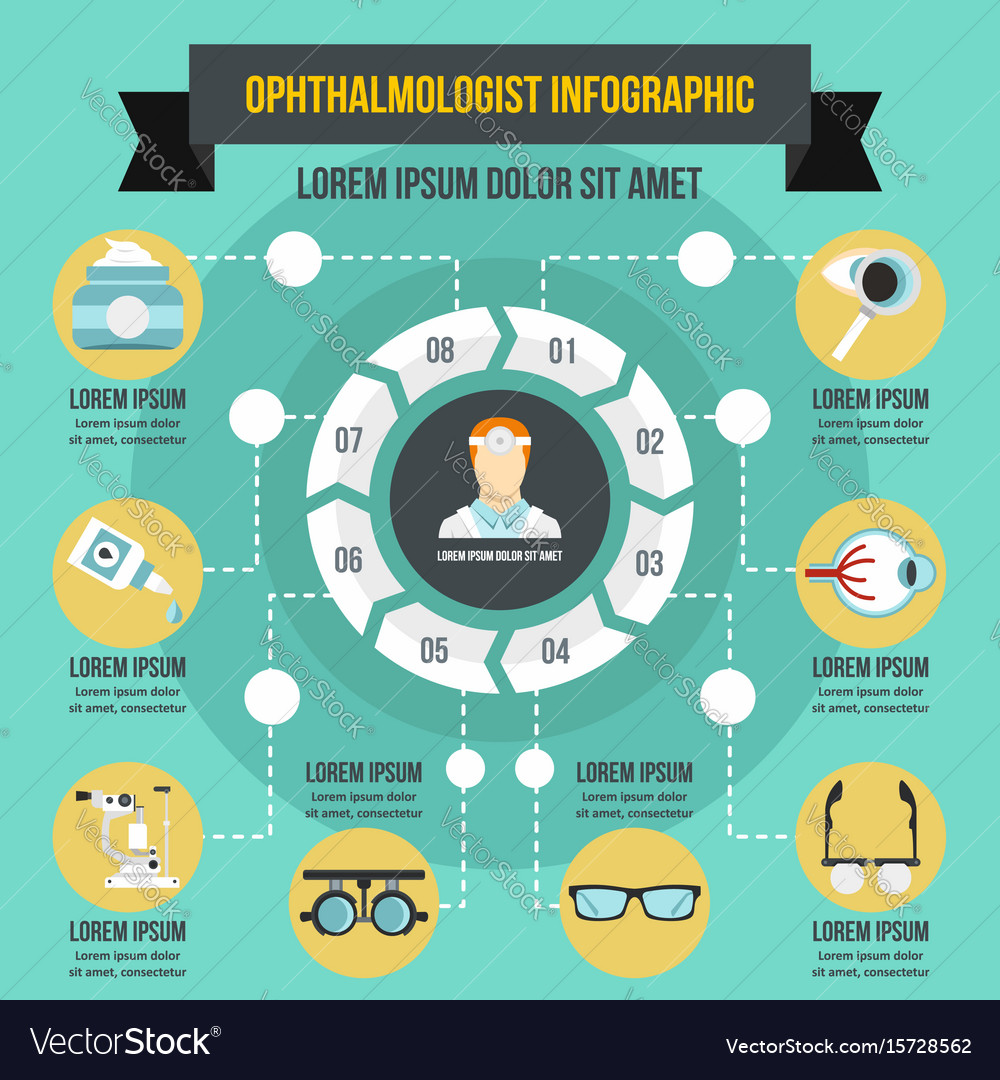After cataract surgery, you may be anxious to return on the road, yet safety must be your top concern. Vision improvement can differ, and it's vital to follow your doctor's guidance prior to driving once again. Elements like your recovery process and visual acuity play a big duty. So, what should Cataract Surgery Nearsighted Or Farsighted understand about the healing timeline and driving safely? Let's discover the standards that can aid you browse this shift.
Comprehending the Recuperation Timeline
After cataract surgery, you'll likely wonder how long it will certainly require to totally recuperate and when you can safely return behind the wheel.
Generally, you'll observe enhanced vision within a couple of days, but full recovery can take numerous weeks. During the very first couple of days, you might experience some blurriness, level of sensitivity to light, or moderate discomfort. These symptoms ought to gradually diminish.
Most surgeons recommend waiting at the very least a week before driving, but listen to your doctor's recommendations. They'll assess your recovery procedure and visual acuity to figure out when you're ready.
Variables Affecting Your Ability to Drive
Your capability to drive after cataract surgery relies on a number of essential aspects that can considerably affect your vision and self-confidence on the road.
First, Laser Cataract Surgery plays an essential role; some people recuperate faster than others.
Next, the type of intraocular lens (IOL) used can influence your aesthetic quality, especially at night.
Furthermore, any type of pre-existing eye conditions, like glaucoma or macular deterioration, can influence your post-surgery vision.
Your general health and wellness and any medications you're taking may likewise influence your awareness and reaction time.
It's important to evaluate your convenience degree and vision quality prior to getting behind the wheel.
Consulting your optometrist is important to establish when it's risk-free for you to drive again.
Tips for Driving Securely After Surgery
Although lots of people really feel eager to get back when traveling, it's critical to focus on safety after cataract surgery.
First, wait for https://click4r.com/posts/g/21448089/everything-you-required-to-know-prior-to-cataract-surgical-treatment before driving again; they recognize when you're ready. When you do start driving, select acquainted routes throughout daytime hours to lessen challenges.
Maintain your sunglasses useful to secure your eyes from glare. Adjust your mirrors for ideal exposure and avoid disturbances like your phone or loud songs.
If you see any kind of sudden changes in your vision, don't wait to pull over securely. Likewise, think about exercising in a parking lot to regain self-confidence before striking busier roads.
Conclusion
Finally, driving after cataract surgical procedure calls for careful consideration and patience. Always prioritize your security and await your medical professional's clearance before hitting the road. As your vision enhances, stick to acquainted routes and practice during daylight hours. Bear in mind to put on sunglasses to decrease glow and remain alert for any changes in your vision. By complying with these standards, you can build your self-confidence and make sure a risk-free driving experience as you recuperate.
